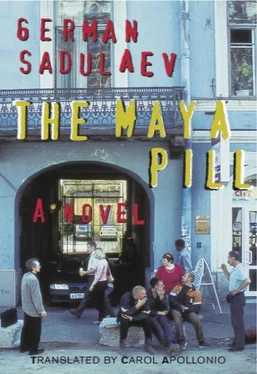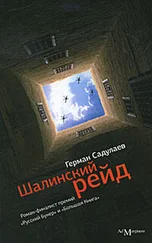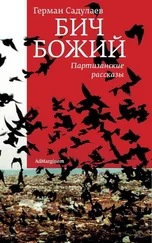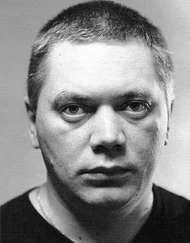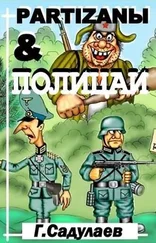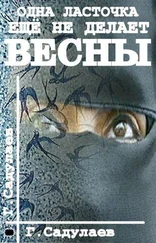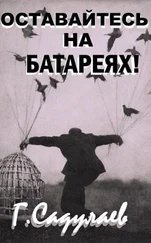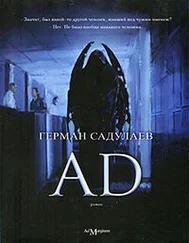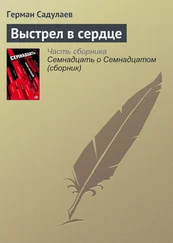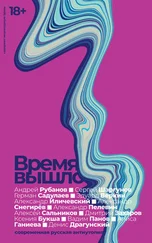A light flickers, or there is only darkness. They march another day. The road leading through the steppe, vast, empty land on all sides, grass rustling in waves like the ocean.
No sign of plow, no trace of man, empty expanse, virgin earth!
Again night, a short rest, then back on the march.
Then the road comes to an end. The men march on over grassland, sun at their backs. March on and on.
After that Saat loses count of the days.
O how vast the Khazar lands! Walk your legs off to the hips, you’ll still not reach the end.
And nothing there. Emptiness. Pustota .
Saat stamps, jiggles his ammunition bag, thinks.
His body is strong but his head is sick. Too much thinking. Thoughts bubble up in his head, like gas in the stomach. Swell up more and more. His eyes bug out and his ears emit clouds of steam. God forbid he blurt something out—things are bad enough already.
Wondrous! In Itil you can’t squeeze through edgewise. Houses press right up against one another. Take turns breathing, there’s not enough oxygen to go around. Here, though, nothing.
Pustosh . Void.
Days on end, no human habitation. Woods, fields, steppe, ravines.
An animal might lope by, a bird in the distant sky.
Not a single Khazar soul, nothing human in sight.
What do we need all this land for? Take some. So much of it, all empty. Pustaya . Empty.
At last the vast horde reaches the cliffside nests of the Chechmeks, at the very edge of the Khazar world.
And the fighting begins.
The time has come. The Chechmeks must pay for their evil deeds. Their dwellings are made of clay and straw like the nests of little birds. The Khazars pulverize the nests with their stones and arrows. The heroic warriors clamber up the cliffs, build fires, and sling Chechmek children into the flames by their hands and feet. You will not forget, O seed of the enemy, the fires of Itil!
They eat meat, drink wine, mark their victory with a raucous celebration, and sink into slumber.
And the Chechmeks creep out of the cliff-side crevasses with their stone knives, slaughter the sentries, and hack off the heads of the sleeping Khazars. By morning the blood runs knee-deep.
Again they take the cliffs, send clouds of smoke into the cliff-side crevasses. The Chechmeks come out shrieking and biting like animals. Arrows soar through the air, spears crackle, corpses pile up in huge heaps. Ten Khazars fall on every square cubit of cliffside, but they take back the Chechmek heights.
But in the night the Chechmeks creep out again with their knives.
Where do they all come from? Do they dwell inside the very stone?
On and on they fight, two springs come and go.
Half the army lies in the earth, but they finally subdue the Chechmeks.
Defend the integrity of the Khazar land.
They choose the meanest Chechmek of all and make him chief, and he kisses the Khagan’s ring.
And then they start off for home. Bearing news to the new Khazar widows and orphans. Even the survivors aren’t whole, some missing an arm or leg. How can they live and provide for a family, crippled like that? Grief, pain, fear, surely the Khagan will care for these brave warriors.
But Saat survives, and with all his parts. Just an injury due to some friendly fire: a stone from a fellow Khazar sling that hit him on the head. Even before that his head hadn’t been all that perfect. It’s just a little worse now, that’s all. And he had had them before, those harmful thoughts. Living in his head like tapeworms in his ass.
Only now they’ve started to expand, gotten a little full of themselves.
Indulging themselves, in fact.
Saat drags himself along through Khazaria and there’s a scraping, a nagging between his ears.
And what did we expect to gain mucking around in all that Chechmek crap anyway? Like we needed their shitty cliff-sides when we have our own vast, rich, fertile land—as much as we could ever want, as much as God has gingerbread. Head out just a little ways from Itil, a verst’s walk, and it will unfold before you, all you could ever possibly need, open lands across all of Khazaria! Plows to lift, horses to ride, womenfolk to screw, and not enough men to do the job! But we went and laid down our bones among the stones of other lands. Poured out our blood, fertilized their earth with our flesh.
Is it devils luring us to our ruin,
or radiant God leading us to the throne of paradise?
Tell me, O Mother—O steppe grasslands, what will become of my Khazaria when a thousand springs have come and gone?
At six thirty in the morning in a semi-vacant, meagerly furnished cage of a room, an efficiency apartment on the seventh floor of a big prefab building on Dybenko Street, in Vseyoly—such being the name of this bedroom suburb of the Venice of the North, the Northern Palmira, Athens, Babylon, and Itil all rolled together—whose windows look out on an identical prefab building with walls that had once been sky blue in color like the Cabriolet in the movie Knocking on Heaven’s Door , but are now faded and peeling, at six thirty A.M., when all is silent except for the loud cawing of crows, and people still have that preoccupied and sullen morning look about them, the air suddenly fills with music.
A six-piece audio system, complete with subwoofer and surround sound, screeches and lets out a howl that rends the silence of the morning like a burglar’s penknife slicing through an old woman’s soiled mattress in quest of family heirlooms and cash set aside from her pension to pay for her funeral; yes, a mighty chorus erupts, emitting a great gush of vocal sound:
Arise, ye branded with a curse,
Enslaved and starving rabble,
At last our reason seethes and stirs,
And arms itself for battle! [13] Revolutionary song.
In a corner of the room, on the cold north side, on ancient lumpy linoleum that bears the traces not only of the passage of time but the effects of the unique non-Euclidean geometry of the epoch of advanced Socialism, is strewn a disorderly pile of blankets, on which a man lies sprawled like some Parisian bum. He stirs, rolls over, and leaps abruptly to his feet.
Leaps to his feet and immediately doubles over, clutching his aching side with one hand; with the other hand he rubs his face, blotchy from sleep, its features blurred and indistinct, physiognomy dubious at best. Hunched over, bowlegged, he totters with uneven, splayed steps out of his room into the minuscule foyer, whose entire square footage is taken up with two pairs of shoes, proceeds into the bathroom, stops in front of the dim mirror, and straightens up, relatively speaking.
Behold Maximus Semipyatnitsky, leading import specialist, microchip in the great mainframe processor of economic globalization, irresponsible tenant and debtor, signatory of loan number 17593876/LD-8367, and also of loan number 84989874-XXVI, and also of loan number GHM02057585485433498, though, as concerns the latter, already long since in arrears. Also, too, holder of a bank account containing a measly one thousand rubles, longing in vain for a royalty transfer from Portugal, an honorarium payment from the journal Eurasian Literature , and a disbursement from the Denis Davydov Prize Committee; writer, novice in perpetuity, forever young, of whose youth, however, his own bones and joints (not to mention his worn-out internal organs, first and foremost, his liver, et cetera) are unfortunately unaware.
“ Aina me ,” thought Semipyatnitsky. “ Aina me tulm bylat sheikel rastan. Karan du khalim chovichi duon sakhyz patalakon gydy, chevataro mukham khyn dez laol, kemam du kan terekat. Faran kulguz etu , faran bumolchi khotamor. Serkel. Buvakhi posturanzhi paiteli, vongaa du karam serkel .”
Читать дальше
